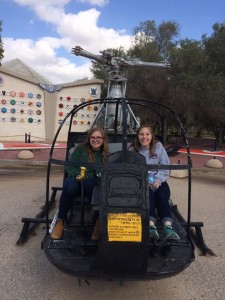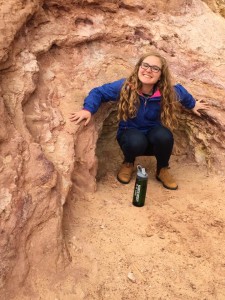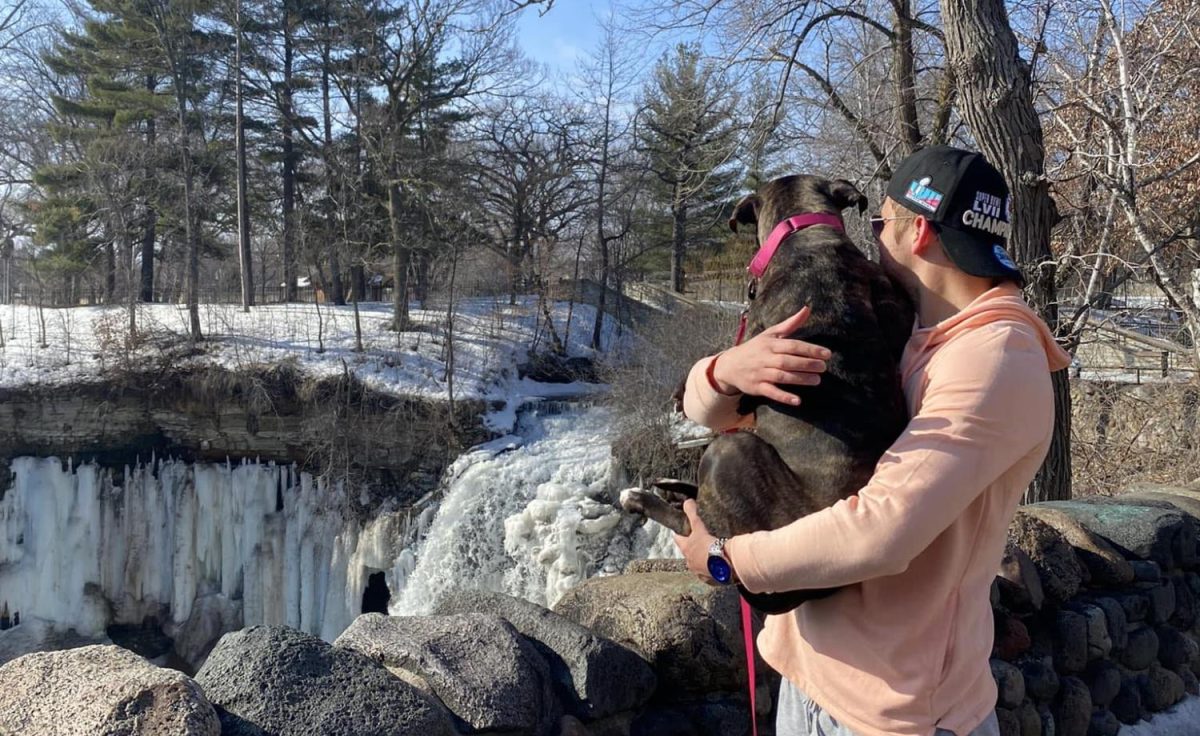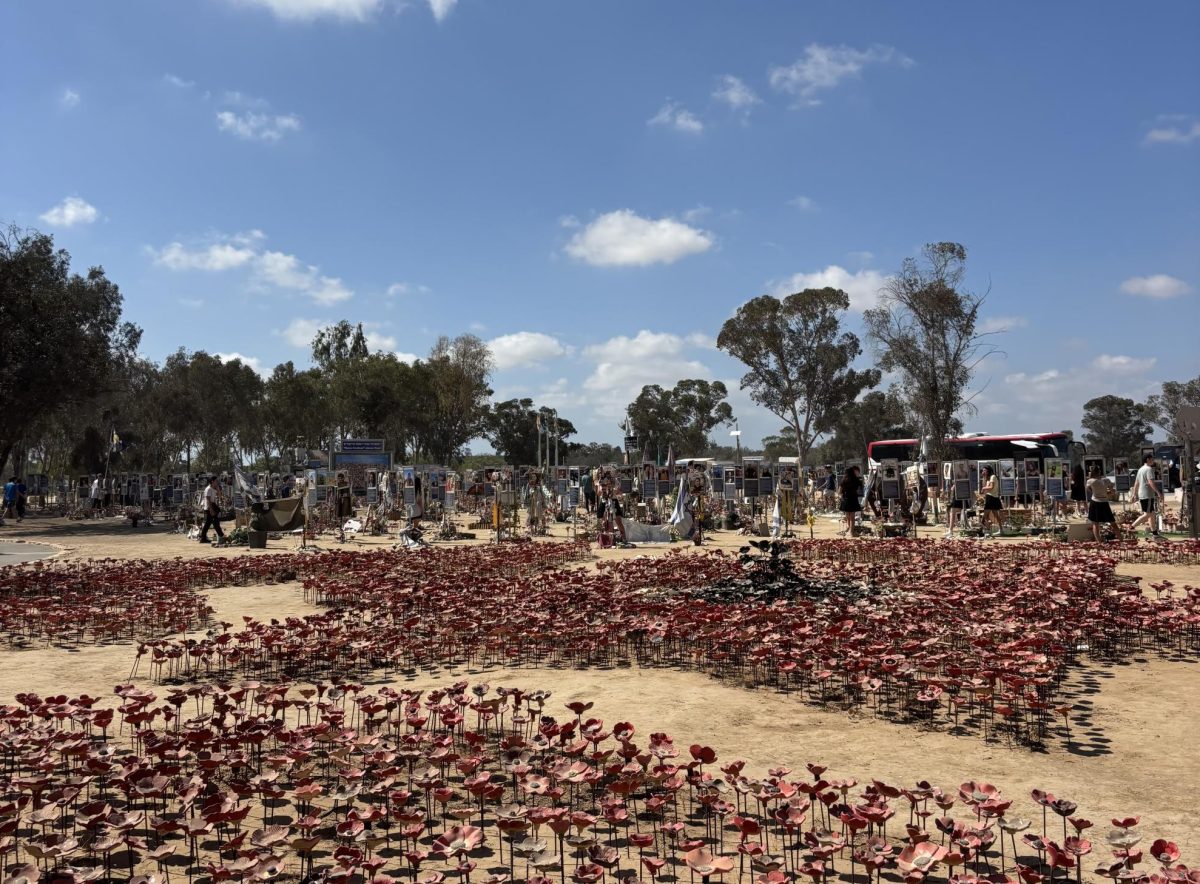
When I arrived in Israel for the first time this past March, I expected to be overcome with a rush of emotion. What kind, I was never entirely sure, but something inside me–most likely due to experiences of my peers–strongly believed that Israel would overwhelm me.
However, when I arrived in Israel for the first time this past March, I wasn’t in the least overwhelmed. That’s not to say I wasn’t excited; believe me, I was ecstatic to finally be in Israel. What I did experience, however, was comfort–comfort in entering a place that was always meant for me.
Little can compare to traveling overseas to a country where you speak the language, you have a solid understanding of the culture, and you are part of the majority religion. When you’re a Jew in Israel, you can’t help but feel that you belong. Every Jew who goes to Israel is entitled to their own emotions and reactions, but I know that when Theodor Herzl dreamed of Israel, he envisioned a place where Jews fit in.

Even at “home” in Israel, there were still times when I saw myself as an outsider. As I approached the Kotel (Western Wall), for instance, the first word I heard from someone outside of my group was a derogatory remark from an older woman seated at the entrance to the women’s side. I was fully aware that my jeans would stick out in the sea of skirts; she didn’t need to remind me that I looked different, especially since the mechitza (ritual divider) wasn’t putting me at ease, either. Was I really less of a Jew because my outer appearance differed from that of the young woman next to me? It sure felt like it.
As ready as I was to leave the Kotel, I could have stayed at the Purim parade in Tiberias for hours. My less than elaborate Royals costume (read: T-shirt) certainly stood out among the extravagant outfits surrounding me, but I did not experience the same inferiority that I felt at the Kotel. Rather, I felt loved and supported–for being Jewish and for being there. Even more incredible was how normal the celebration seemed. Yes, I was in awe of the floats, costumes, and dancers, but the concept of a Purim parade in the streets where the whole city could celebrate together felt natural to me.
The air of familiarity was not unique to my short time spent in Tiberias. I had never been to a shuk (market) in my life, but I somehow knew that I would have to get up-close and personal with my neighbors if I wanted to buy any candy. Similarly, when the streets of Jerusalem were quiet and peaceful on Shabbat, it just felt right.

Since I’ve returned, I’ve been asked almost daily about this first trip to Israel, inevitably leading to the question, “What was your favorite part of Israel?” I have shared memories from the Dead Sea, adding that it did not sting as much as I had anticipated. I have recounted my experience at Masada. I have told everyone who would listen about the desert ecology research I learned about at Ben-Gurion University of the Negev.
To this question, I have also replied that the most extraordinary aspect of being in Israel was how wonderfully ordinary it felt to be there. Although this was my first trip to Israel, I felt as if I had always been there. I’m unsure if I felt this way because I have grown up at Hyman Brand Hebrew Academy, constantly learning about Israel, or if it was simply due to the fact that I am Jewish. I am certain, however, that there is nothing quite like the “Israel effect.”
And I cannot wait to go back.














































































